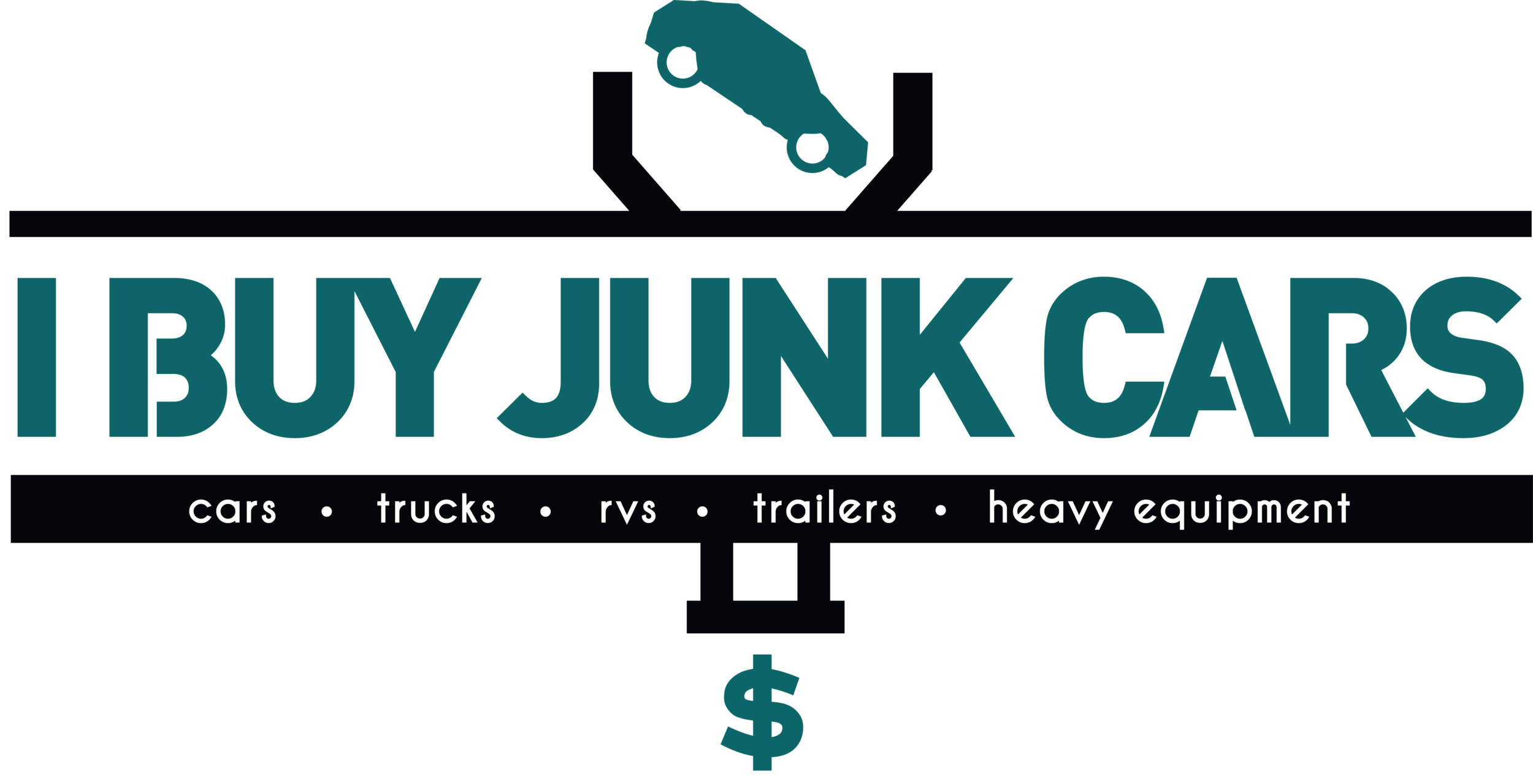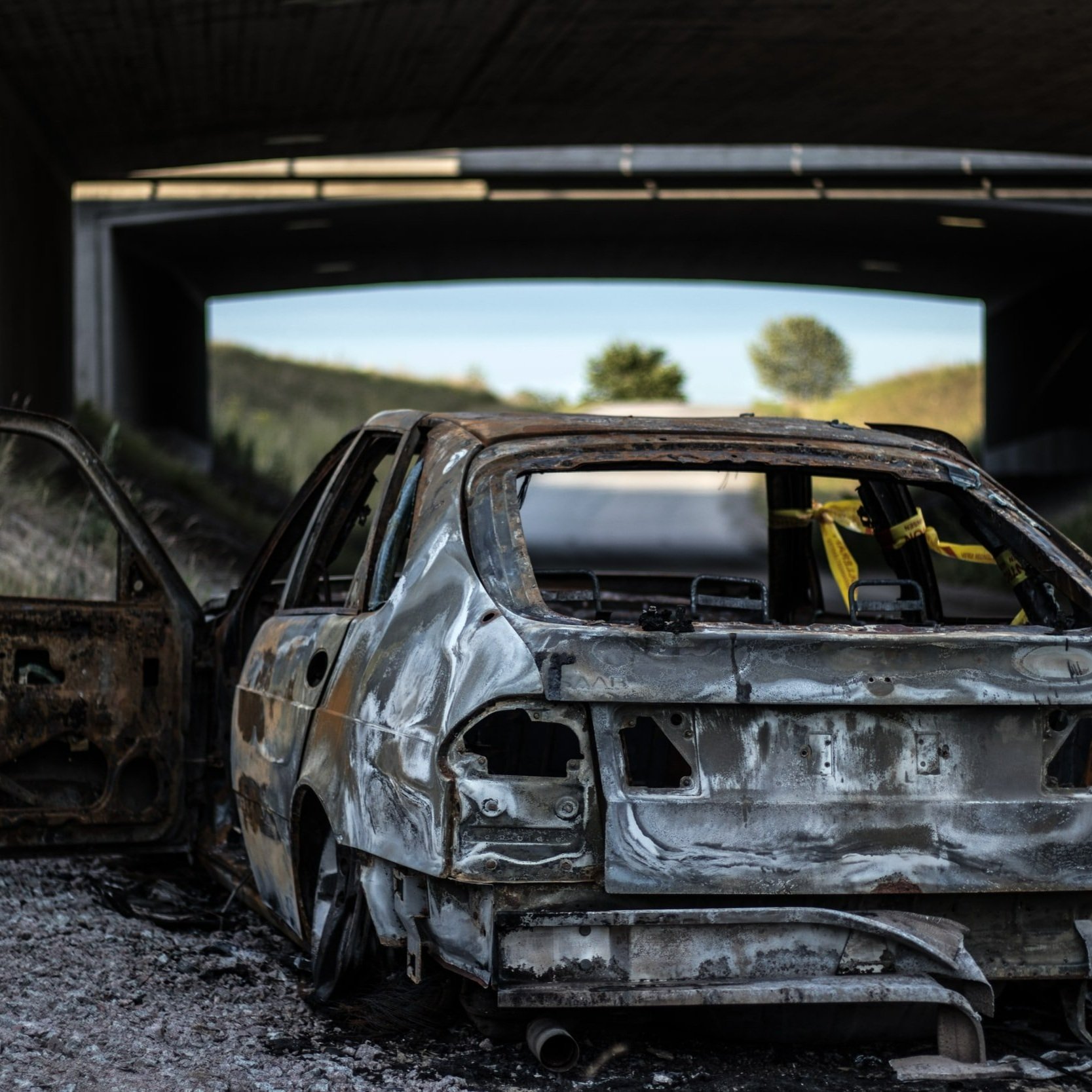Can a Car Truly Explode?
While fire is a possibility with cars, the odds of a car explosion are exceedingly rare.
A car has several mechanical, frictional, and electrical components, intricate wire systems, and flammable liquids, making fire a common hazard in these vehicles. Movie buffs can wonder if their car can dramatically go up in flames and explode after it catches fire, as in movies or television.
While fire is a possibility with cars, the odds of a car explosion are exceedingly rare. Cars run on gasoline, which is combustible, not flammable. Gasoline does not catch fire in its liquid form, but it quickly turns into vapor, and even a tiny spark can ignite the vapors but are unlikely to explode the tank.
Car fires are hazardous. Thousands of car fires occur every year in the USA, resulting in several injuries, hundreds of casualties, and billions in property damage. However, improved technology and vehicle safety measures have reduced the number of fires, but they still do happen. While a car fire can happen for several reasons, an explosion can occur if it reaches the fuel tank.
Common causes of car fires and explosions
Mechanical failure due to poor maintenance can contribute to a car fire.
Depending on the point of impact, collision at high-speed can result in fire. A crash can cause fluid spills, leakage, and extreme heat. All of these have the potential to ignite the car.
Modern vehicles have extensive wiring. Faulty wire connections, exposed wires, batteries, and malfunctioning electrical components can cause the car to catch fire.
An oil spill, fluid leaks, and a leaky fuel system are also probable causes of car fires.
Design flaws or using sub-standard components in a new car increases the fire risk.
An engine overheating due to a faulty radiator fan, coolant leak, clogged hose, and faulty water pump can ignite the car.
An overheating catalytic converter can cause an explosion while driving.
Warning signs that a car can explode
Engine smoke
Blown fuse or loose or cracked wiring
A rapid drop in fuel or fluid levels
Sudden rise in engine temperature
Sparks
Leaks
Loud exhaust sounds
Tire failure
Insecurely attached oil cap
Ways to prevent cars from catching fire
Regular maintenance and servicing by a professional mechanic ensure that all the components work correctly and the fluids are at optimum levels.
Periodically check the fuel lines.
Always keep a fire extinguisher near the driver’s seat.
Avoid smoking inside the car wildly while pumping gas.
When refueling, turn off the car.
Avoid transporting any flammable substance inside the car.
Never park the car near flammable liquids, and in summers, always park the vehicle in a shaded area.
Explosions in electric vehicles
Electric cars with lithium-ion batteries can explode in certain situations. However, the incidents are not very common. Exposure to extreme heat and manufacturing defects increases the possibility of the explosion of lithium-ion batteries. The likelihood of an electric car explosion increases if it catches fire, exposing the battery to intense heat.
When a car catches fire, pull the car over quickly at a safe place and turn off the engine. Get everyone out of the vehicle and stand at least 200 feet away from it. Never touch any component of a burning car and call an emergency response team.
Car fires are unpredictable and dangerous. However, the possibility of a car explosion is very slim.
If you are in the Phoenix Metro area and want a no-hassle cash quote for an old, wrecked, unwanted, salvage or burned car, SUV, van or truck, give us a call at I Buy Junk Cars. 480-771-8290.

